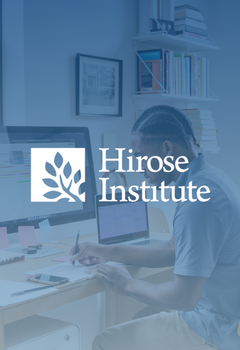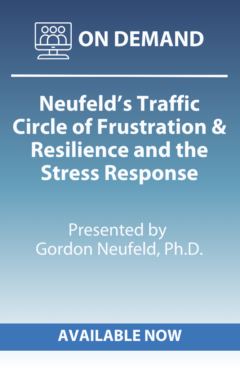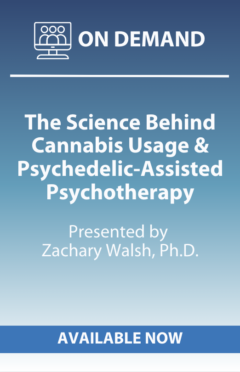Description
This workshop will be live streaming to online participants on October 23, 2024 from 8:30am – 11:45am (Vancouver, BC)
Please adjust your start time according to your specific time zone.
Recorded footage and all course content (certificate, videos, quiz) will be available until November 25, 2024. Extensions cannot be granted under any circumstances.
Please allow 5 – 7 business days after the course airs for recorded footage to become available.
Registration will close on October 22, 2024.
Historically, exposure-based treatments have been regarded as the “gold standard” for addressing post-traumatic stress disorder (PTSD). These approaches have demonstrated significant effectiveness in helping individuals confront and process traumatic memories. However, with ongoing research into the complexities of trauma and the emergence of complex post-traumatic stress disorder (CPTSD), treatment modalities are evolving. The current understanding of CPTSD necessitates a broader perspective that includes phased treatment approaches as well as non-exposure-based therapies tailored to the unique needs of individuals suffering from PTSD and CPTSD.
The presence of Disturbances of Self Organization, a hallmark of CPTSD, highlights the need for more comprehensive stabilization strategies before delving into trauma processing. As a result, contemporary recommendations for treating CPTSD often follow a structured three-phased model. In this context, Dr. Carissa Muth will lead a detailed 6-hour webinar that focuses on the phased approach to effectively addressing the complexities of CPTSD.
In the first phase of the treatment model, Dr. Muth will emphasize the importance of stabilization and fostering a positive sense of self. This foundational work is crucial for helping clients regain a sense of safety and control over their lives. During this phase, various techniques aimed at grounding and emotional regulation will be explored, equipping participants with the tools needed to support clients in their healing journey.
Moving into the second phase of treatment, Dr. Muth will provide a comprehensive overview of both exposure-based and non-exposure-based evidence-based treatments for trauma. This section will include practical techniques and interventions, allowing participants to understand how to effectively integrate these approaches into their practice, depending on the unique needs of their clients.
Finally, in the third phase—integration—Dr. Muth will delve into meaning-based therapeutic techniques designed to empower clients to flourish and thrive beyond their trauma. This phase is critical in preventing symptom relapse, as it encourages clients to construct a coherent narrative of their experiences and find personal meaning in their healing journey. Throughout the webinar, Dr. Muth will share insights, case examples, and practical strategies that participants can apply in their therapeutic work, ultimately enhancing their effectiveness in treating individuals with PTSD and CPTSD.





